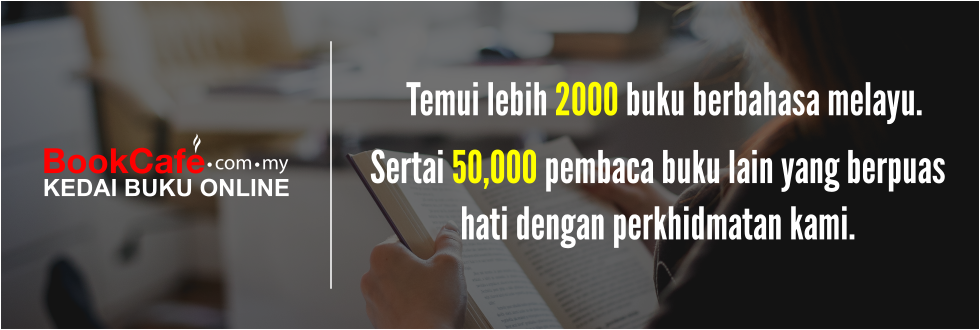.jpg) |
| A poster of a Pashto film at a cinema in Peshawar |
In Conjunction with International Women’s Day, 8 March 2025
International Women’s Day, celebrated today, takes me back to 2020 when I met Ammara—or Ammu, as she’s fondly called—a solo backpacker from Oman traversing Pakistan. Since early January, she had journeyed from the chilly Naran Kaghan Valley to the frosty heights of Khunjerab Pass, from the breathtaking beauty of Hunza to the bustling streets of Lahore. Our paths crossed in Islamabad, where we shared a night at a local Couchsurfing meetup before she headed south and I ventured west. Yet, beyond tales of mountains and cities, Ammu’s stories about Pakistani women left an indelible mark on me.
Before arriving in
Pakistan, Ammu confessed she was gripped by fear. Harrowing tales of sexual
harassment—piercing stares, unwanted touches—had made her apprehensive. Even I,
as a foreign man, had sometimes felt that unease. But after nearly two months
exploring Pakistan’s diverse corners, Ammu encountered a different reality. “I
was never harassed,” she said. “In fact, the hospitality of Pakistanis moved me
deeply.”
In Lahore, she was
welcomed to stay with a rickshaw driver’s family. In their modest home, three
generations—parents, children, in-laws, and grandchildren—lived together in a
tight-knit bond. Here, Ammu gained a rare privilege I could never access as a
man: as a foreign woman, she could chat with the family’s men in open spaces
while also stepping into the intimate world of its women, a realm hidden from
outsiders. Through this, she uncovered stories that never reached my
ears—stories of life behind the veil.
 |
| Wrapped in Burqa |
Pakistani women, who appear as mere shadows in niqabs or burqas on the streets, possess a vibrant world of their own. They discuss the latest cosmetics, compare facial moisturizers, and share techniques for decorating their hands with henna. “Their lives are comfortable,” Ammu observed. Mornings are filled with household chores—preparing breakfast, cooking, cleaning—but afterward, transformation begins. Eyebrows are shaped, nails painted, and hands turn into canvases of art. Yet this beauty is reserved solely for their husbands; beyond the doorstep, it vanishes beneath layers of fabric, leaving only a pair of eyes whispering secrets of the heart.
One day, Ammu joined the family to watch a
film at the cinema. From the afternoon, the women bustled with
preparations—choosing outfits, applying makeup, adorning themselves with
jewelry—for two hours, all for a trip to the theater. But the moment they
stepped outside, they disappeared into the confines of their burqas. At the
cinema, as Ammu tried to alight from the rickshaw, a panicked cry rang out:
“Don’t! It’s dangerous!” To them, the outside world was a threat. Without a
male family member, they never dared venture alone. That fear, Ammu noted,
lingered like an unshakable shadow.
 |
| Pakistani Women at the Bazaar |
My own experience watching a Pakistani film in Peshawar painted a stark contrast. The storyline was chaotic—senseless shootouts abruptly giving way to sensual, symbolic dances. Though the women on screen revealed no skin, their provocative movements stretched interpretations far beyond the country’s conservative values. Three hours of jarring scene switches left me empty. This was not the Pakistan I knew.
For Ammu, living among Pakistani women opened her eyes to a touching paradox.
They are fiercely protected—special seats on buses, secluded restaurant rooms,
priority without queues—but this protection stems from fear. Fear of men whose
gazes linger despite the veils. “It’s all for safety,” Ammu said, yet she
wondered silently: safety from what? A confining tradition, or a world that’s
never truly safe for them?
.jpg) |
| Pakistani Women rarely pray at Mosques |
I recall a man I met in Mardan, who had worked in Saudi Arabia, expressing pity for Indonesian and Filipino women laboring abroad. “Poor them, forced to be so far from family. Where are their husbands?” he mused. To him, women belonged in the ‘palace’ of home, sheltered and cherished. For the Pakistani women Ammu encountered, home was indeed a fortress of safety—a place to be themselves. But outside, the world became a lurking prison.
Ammu’s tales made me reflect: what’s
normal to us may not hold true for them. The freedom we extol might be a
shackle to others. On this International Women’s Day, I find myself
wondering—is the life of Pakistani women a hidden gem within the cage of
tradition, or merely a beautiful shadow dancing behind the veil, cradling
silent dreams awaiting light? The answer may slip beyond our grasp, but it
glimmers, alive, between the folds of fabric and their every breath.
 |
| With Ammu at Margalla Hills |









